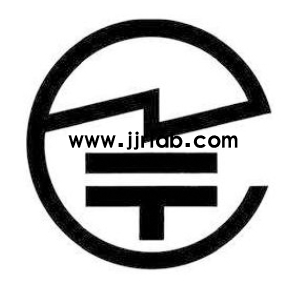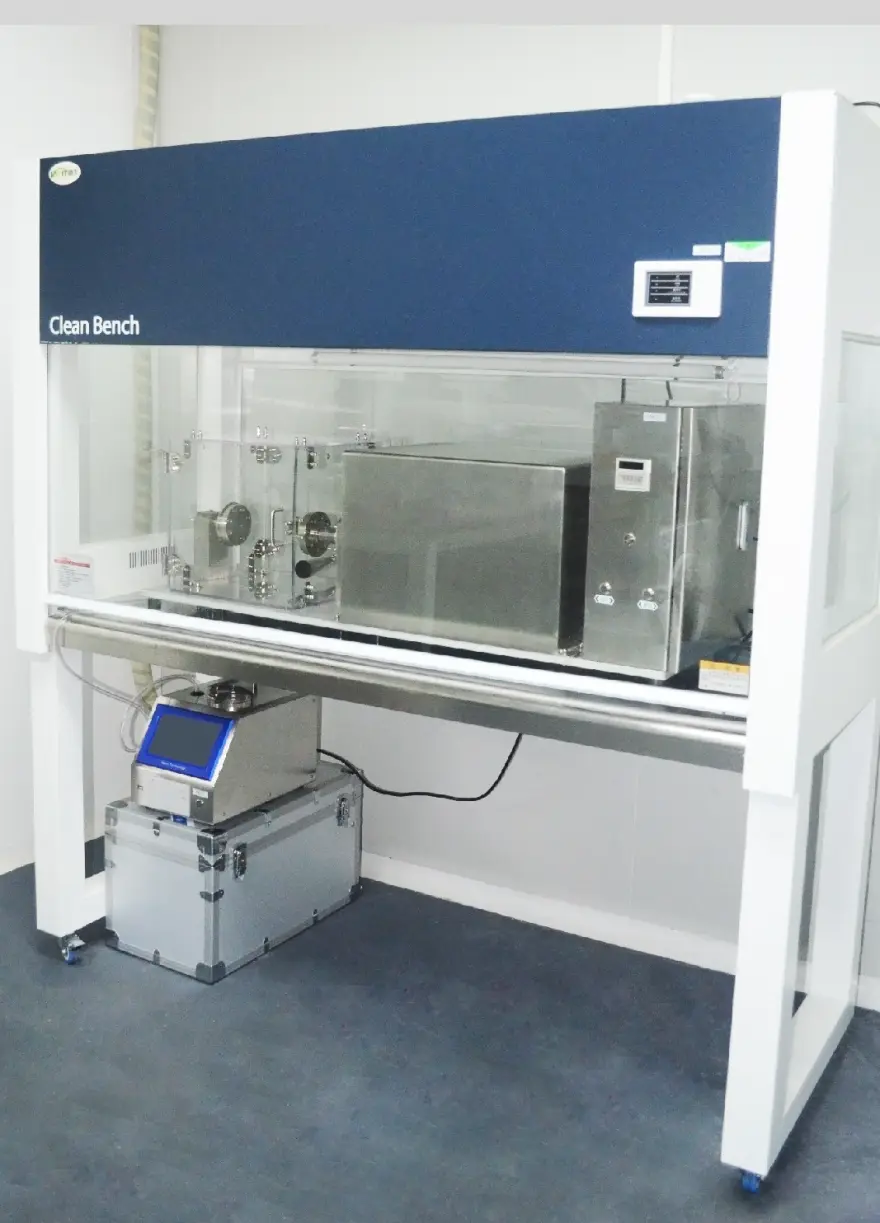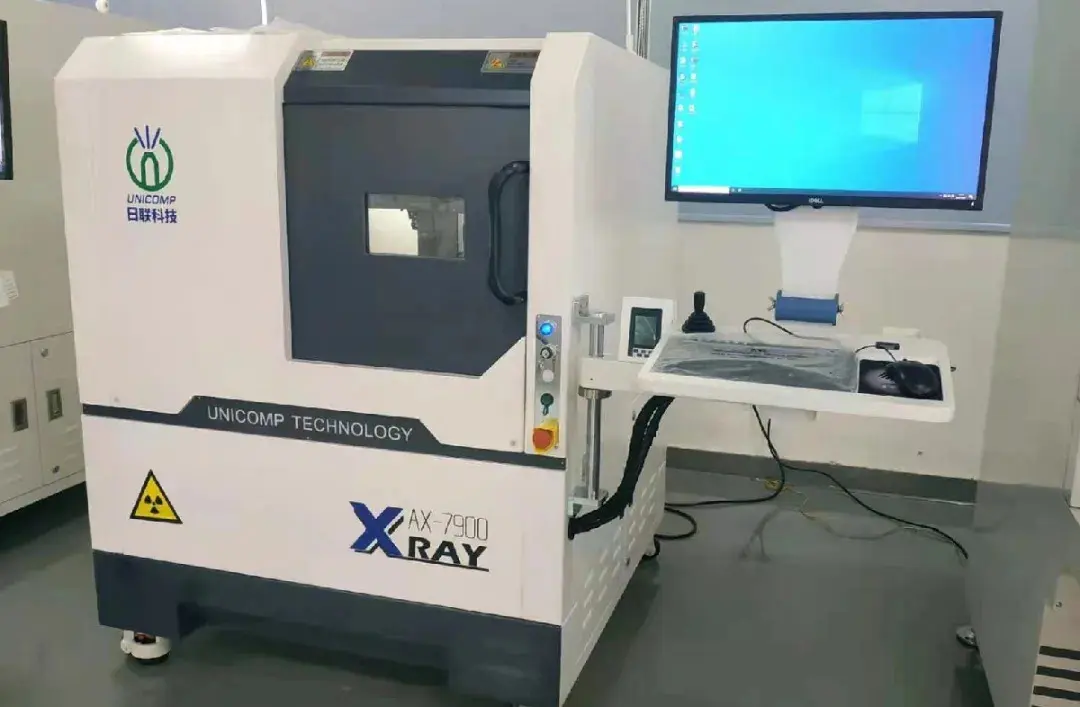
What certifications are needed for TEMU and Amazon in Japan?
telec certification
TELEC certification, also known as Mic certification or GITEKI certification (referred to as GITEKI certification on Amazon), is the primary conformity certification for radio equipment in Japan. TELEC (Telecom Engineering Center) is a registered certification body, while MIC (Ministry of Internal Affairs and Communications) is the government agency responsible for regulating radio frequency equipment in Japan. The MIC formulates regulations, and TELEC is one of the designated certification bodies under MIC, hence the term TELEC or mic certification. TELEC certification is mandatory, and the certification bodies are those registered by MIC for specific radio equipment.

Mark of Use
Under Japan's Radio Law, specific radio equipment must undergo type approval (technical regulation conformity certification). TELEC certification is mandatory for various product categories, including:
- Radio products and telecommunication terminal equipment (e.g., laptops, projectors)
- Various Bluetooth products (e.g., Bluetooth headsets, speakers)
- UWB (Ultra-Wideband) products
- Wireless modules (e.g., Wi-Fi modules, NFC modules)
- Mobile phones and tablets
- In-vehicle equipment
Note: 433MHz and 868MHz products do not require GITEKI certification. Additionally, GITEKI certification is not required for civilian use of 2.9G and 5.8G frequencies.
Main Content and Purpose
TELEC/MIC certification mainly involves two aspects:
1. Testing Certification: Testing the electromagnetic compatibility of radio equipment to ensure it does not interfere with other devices. It also involves testing the radio frequency to ensure it complies with the frequency ranges specified by the Japanese government.
2. Conformity Certification: Testing and evaluating various performance aspects of radio equipment, including transmission power, frequency stability, and signal interference, to ensure compliance with Japanese radio regulations.
vcci certification
VCCI is Japan's electromagnetic compatibility certification, managed by the Voluntary Control Council for Interference by Information Technology Equipment. While VCCI certification is not mandatory, it is widely recognized in the Japanese market. Information technology products sold in Japan are generally expected to have VCCI certification. The VCCI certification process requires manufacturers to first apply to become VCCI members and obtain the qualification to use the VCCI mark. EMI test reports must be issued by a VCCI-registered testing institution.
Mark of Use
Products requiring VCCI certification include personal computers, office computers, microcomputers, workstations, peripheral terminal equipment, copiers, word processors, transmission equipment, and others (e.g., digital cameras, navigators, toys, MP3 players).
Qualification Procedure and Rules
Manufacturers must become VCCI members to use the VCCI label. They need to pay an entrance fee and an annual membership fee to become members. After receiving the product test report, they must pay the fees to VCCI before they can use the VCCI label.
pse certification
PSE certification is a mandatory safety certification for electrical products in Japan, part of the country's Electrical Appliance and Material Safety Law (PSE). Products and components connected to an AC power supply are typically subject to this law.
Japan categorizes regulated electrical products into "Specified Electrical Appliances (Category A)" and "Non-Specified Electrical Appliances (Category B)," indicated by the diamond-shaped PSE mark and circular PSE mark, respectively.
Mark of Use
1. Diamond-shaped PSE Certification:
Products in the "Specified Electrical Appliances (Category A)" category must be certified by a third-party certification body authorized by Japan's Ministry of Economy, Trade, and Industry (METI), obtain a PSE certificate, and affix the diamond-shaped PSE mark.
Examples of Specified Electrical Appliances (Category A):
- AC/DC power supply units (AC adapters)
- Power extension cords
- Electric toys
- Portable generators
- Fuses, etc.
2. Circular PSE Certification:
"Non-Specified Electrical Appliances (Category B)" products require manufacturers and importers to notify METI and confirm compliance with Japan's electrical standards through self-certification before affixing the circular PSE mark.
Examples of Non-Specified Electrical Appliances (Category B):
- Television receivers
- Air conditioners
- Electric air heaters
- LED lamps or lighting devices
- Refrigerators, coolers, etc.
PSC Certification
PSC certification is a mandatory safety certification for all consumer products sold in Japan. According to Japanese law, consumer products must comply with specific safety regulations and incident reporting requirements to be marketed.
Consumer goods are certified under three categories: Diamond-shaped PSC Certification, Circular PSC Certification, and SG Certification.
Mark of Use
1. Diamond-shaped PSC Certification:
Mandatory for specially designated products such as portable laser devices, lighters, infant cribs, and bathroom water circulation heaters. These products require testing by a registered certification body, and the diamond-shaped PSC mark must be affixed.
2. Circular PSC Certification:
Mandatory for designated products such as home pressure cookers, cycling helmets (for motorcycles and electric bicycles), climbing ropes, oil water heaters, and oil-fired boilers. These products bear the circular PSC mark.
3. SG Certification:
A voluntary certification for other consumer goods, marked with the SG symbol.
Email:hello@jjrlab.com
Write your message here and send it to us
 Packaging Validation ISO 11607 Test Report
Packaging Validation ISO 11607 Test Report
 What is the ISO 11607-1 Packaging Validation Test?
What is the ISO 11607-1 Packaging Validation Test?
 How to get an ISO 11737-1 Test Report?
How to get an ISO 11737-1 Test Report?
 Orthopedic Implant Cleanliness Testing
Orthopedic Implant Cleanliness Testing
 What is ISO 10993-23:2021 Irritation Testing?
What is ISO 10993-23:2021 Irritation Testing?
 ISO 10993-23 Irritation Testing Laboratory
ISO 10993-23 Irritation Testing Laboratory
 EMI Emissions Testing
EMI Emissions Testing
 EMC Standards for Medical Devices
EMC Standards for Medical Devices
Leave us a message
24-hour online customer service at any time to respond, so that you worry!




